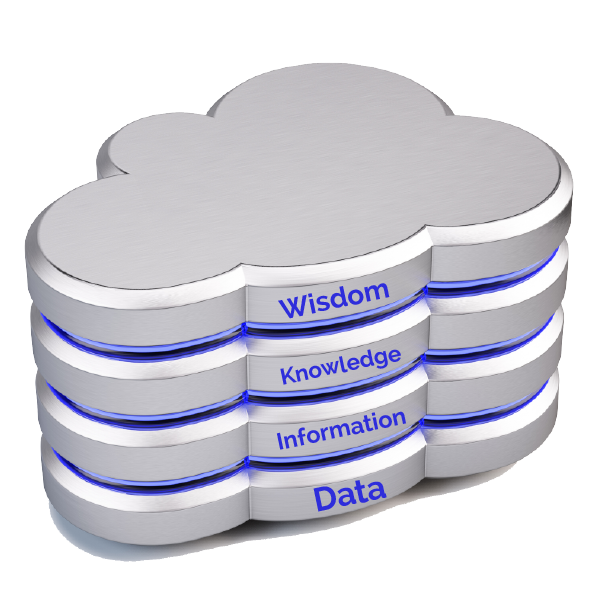Resolution 2014: Reaching a higher level of knowledge management
Early this year, corporate (and personal) resolutions are numerous and unfortunately, few of them will actually materialize. At least, only few of those changes will be activated consistently over a long period of time. More collaboration, more innovation, more team discipline, more operational efficiency, greater speed in service delivery; these are noble resolutions differing from an organizational perspective to another.
However, the concept of decision making, although wide, is a desire shared by all. The main tool to answer this resolution may be the same: information. Moreover, this decision improvement may not change anytime soon, you will agree, the information - relevant , accurate and personalized - is already an issue in many industries. That said, going back to the resolution, which obviously can not achieve the miraculous perfection, can however evolve through various tools. In Service Management, this decision is particularly supported by a scalable management of knowledge bases.
The Objective
The goal of knowledge management in Service Management (ITSM) is to ensure that the right information is sent at the right time, to the right department, and ultimately to an appropriate manager. But the lens does not stop there. This person must receive information to make a better decision in the context of the query. Finally, knowledge management ensures the quality of decision making by making available information in connection with one or more services. Throughout its service lifecycle, information will also be used to improve the quality of service, reduce costs and increase customer satisfaction.
However, this life cycle differs from one context to another and different teams are often called upon. This disparity implies the need to be clear about the different services and most importantly, to support knowledge management with internal knowledge :
- Appropriate language and format, including a lot of relevant details for technical resources involved
- Immediate availability and easy access to these resources
- Relevant, accurate, timely, and easy to use
- A simplified informational context for optimal understanding
The Evolution
From data to wisdom, that's the evolution of the KB (Knowledge Management). Only the data is static and can not improve decision making. However, when the data becomes information, it is given an interpretation that can be potentially useful for an IT manager. It can then analyze the information or group information and thus make a more informed decision. Knowledge is the result of that thinking. This same knowledge also allows us to compare various external situations as well as improving decisions and practices.
Beyond theory, Service Management and the ITILⓇ framework present these knowledge items as facilitators to:
- Rapid Incident Resolution
- Problem Management
- Service Requests
- Change Management
- Processes
- Workflows
- Configuration Items (CI)
In reality, knowledge management, in Service Management practice or ITSM, applies to the whole process of service delivery. This is why we now speak of multiple databases and dynamic knowledge bases integrated into an overall Service Management System. We find among other related management systems or conventional ticketing queries, self-service consumption portals, service catalog, and database configuration (CMDB).
The Next Level
To achieve a resolution in 2014 in terms of knowledge management, here are some hightlights of effective knowledge base elements:
- Forms, tables and fully configurable workflows
- Ability to create user-defined rules for the creation and management of the service lifecycle (eg, how, when revising and updating)
- Trigger escalation process (automation, approvals, reminders)
- Access management based on roles - to allow access control and precise level of information by connection
- Ability to provide multiple levels of knowledge
- System open to collaboration and knowledge sharing
The ultimate goal is of course to get to the stage of wisdom, which allows a long-term knowledge evolution.
Have a good knowledge management and Happy New Year 2014!






